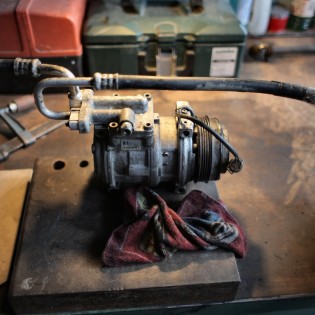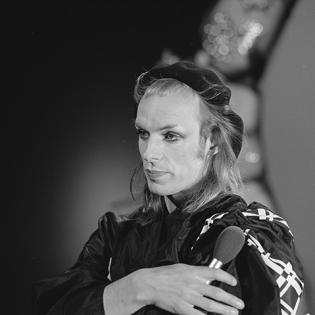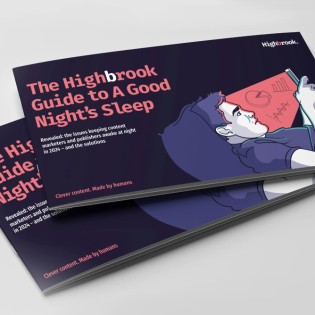Miscellany 1: Verlan

Our first look at the vicissitudes of verbalisation
Starting today, an exploration of the origins and variety of language.
Communities – especially marginalised ones – have long used speech to set themselves apart. For English language examples, look no further than Cockney rhyming slang or Pig Latin, popular among kids wanting to encode messages that their parents (supposedly) won’t understand.
One particularly robust such argot is verlan, a form of French slang that uses transposed syllables to create new words. Verlan is itself verlan for à l’envers, or upside down. In case the process still isn’t clear, here are some other common verlan words and their standard French counterparts:
· ouf = fou (crazy)
· meuf (chick, girlfriend) = femme (woman, wife)
· relou (annoying) = lourde (dense, boring, irritating)
· chanmé (cool) = méchant (mean)
· pécho (to hit on, to date, to hook up) = choper (to catch, to grab)
So not only do verlan words often end up sounding quite different to the originals, but their meanings also tend to differ subtly – and in some cases drastically – from those of the words that inspired them.
This makes verlan a powerful tool of subversion. And considering its origins, that isn’t by accident; verlan was originally concocted in the banlieues (suburbs often home to lower-income families) of Paris as a way for young people to communicate without others catching on.
But the story of verlan doesn’t stop there. Many verlan words have now entered common parlance – so much so that some have even been enshrined in dictionaries.
To maintain its function as an in-group identification tag, verlan requires constant updating. Speakers have thus continued to adopt new verlan words and have even re-verlanised those that were co-opted by the mainstream.
Verlan is a reminder that few, if any, words are truly neutral. As writers and editors, it is important to remember this and to choose ours carefully.





